If you’ve chosen to start seeds, you can now enter into the wonderful world of seed catalogs! Parking myself in front of the fire with a stack of seed catalogs, a mug of hot tea, and a marker is arguably one of my favorite winter activities. It’s such a fun time for me to dream about all the goodies that could come out of my garden each year.
Almost all seed companies offer their catalogs for free with a simple signup on their website, and once you are on the gardening mailing list, trust me, you’ll get SO many catalogs come January, you’ll never have to ask for another one again.
Here are a few of my favorite companies to get catalogs from:
- Seed Savers Exchange
- Baker Creek Heirloom Seeds
- High Mowing Organic Seeds
- Burpee
- Johnny’s Selected Seeds
- Territorial Seed Company
- Peaceful Valley Farm Supply
- Southern Exposure Seed Exchange
The catalog descriptions should help point you towards varieties that will work well for you—for instance, some will note that they tolerate colder climates and shorter growing seasons, which is useful if you live in a cooler zone. Seeds that are from your region will be more likely to fare well in your garden.
If you’re just getting started and don’t want to dig into all the seed catalogs just yet, you can also get seed packets at your local garden centers, nurseries, or even hardware or grocery stores.
Heirloom Seeds, Organic Seeds, or Hybrid Seeds, Oh My!
Once you start diving into the seed catalogs, you might start to notice all kinds of qualifiers—heirloom, organic, hybrid. What’s all this mean? Let’s dig into it.
What Are Heirloom Seeds?
You know about heirloom tomatoes, right? The tomatoes that come in a much wider range of colors and shapes and flavors than the standard round red tomatoes at the grocery store? Turns out, there are heirloom varieties of pretty much every vegetable you can think of.
Heirloom varieties are plant varieties that have been passed down from generation to generation because of their uniqueness, beauty, and quality. Not only are they fun to grow, but heirloom varieties are also the bee’s knees because they contribute to crop diversity and are open-pollinated. Open-pollinated means the plants share their pollen with each other via wind, bees, or other pollinating insects. Basically, it’s the OG way for plants to grow.

What are Hybrid Seeds?
The opposite of heirloom seeds are hybrid seeds, which have been specially bred by humans for things like insect and disease resistance, or to make bigger vegetables. In general, hybrids tend to be easier for first time gardeners to grow because of these genetic advantages, but using hybrids does tend to take some of the unpredictability (read: fun!) out of vegetable gardening.
In general, we prefer a mix of both heirloom and hybrid varieties in our garden. If there’s a lot of a particular pest in your area that keeps attacking your garden, you might want some hybrid seeds that are resistant to that pest. If you plan to process giant amounts of vegetables into pickles or sauce or other canned goods, you might like the uniformity in size, shape, and ripening time that hybrids provide. But you can’t beat the flavor and looks of heirloom plants!
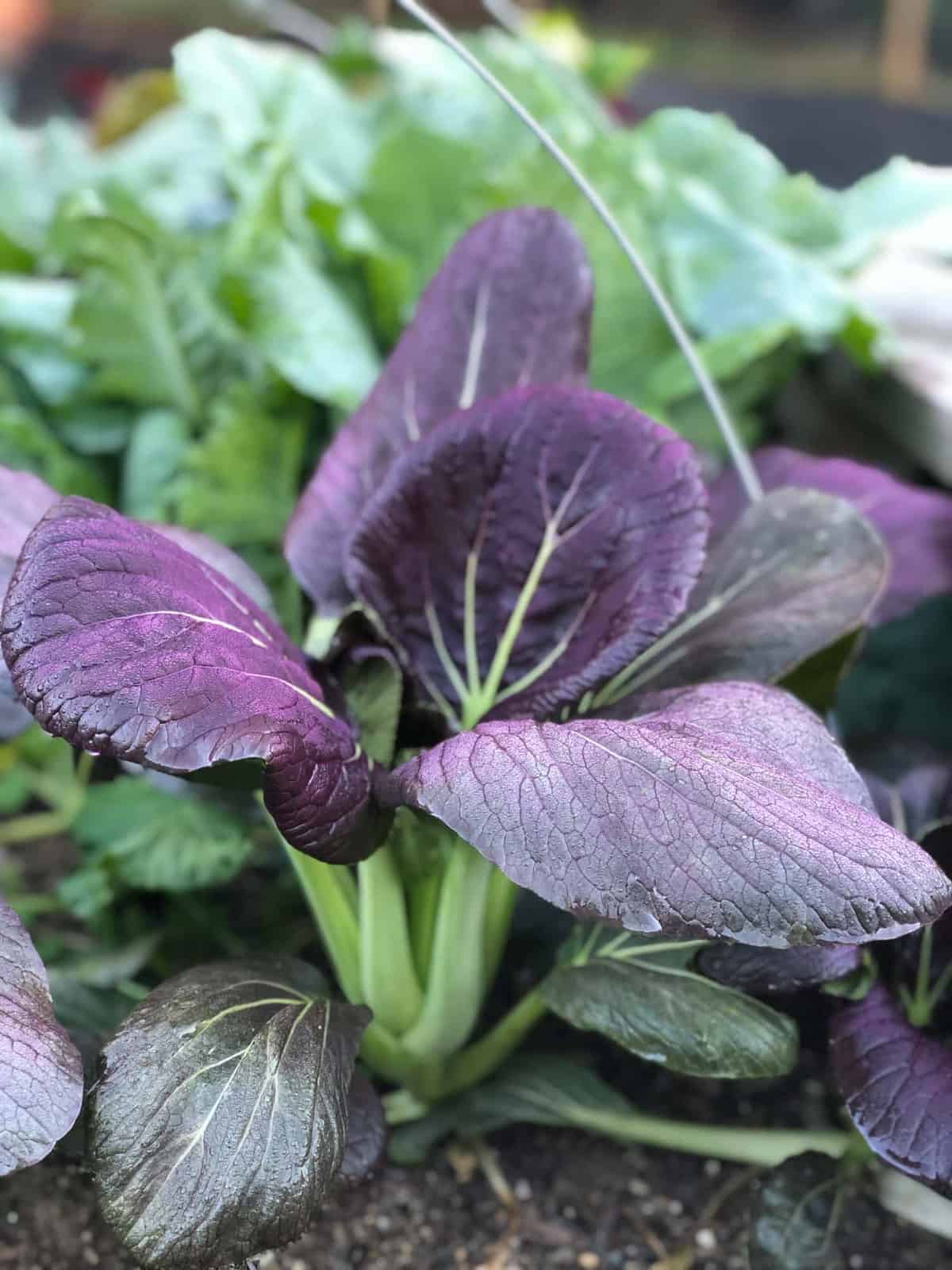
Do I Need to Buy Organic Seeds?
If you want to have a 100% organic garden, yes, you need to start with organic seeds. But if you’re looking to save a few bucks, you might be thinking of just going the conventional seed route—I mean, what’s the difference anyway, right? You’re going to be growing it all organically!
And while that’s true, there is one big reason I still recommend buying organic seeds—that particular strain of that particular variety has been selected to succeed in organic gardens. If it wouldn’t succeed, they wouldn’t be able to sell the organic version of the seed (hence why you see some varieties that don’t even have organic seeds available). Basically, purchasing organic seed is a guarantee that not only are your seeds free from synthetic fertilizers, pesticides and GMOs, but also that this particular genetic strain can and will succeed in your organic garden.
Beyond this, if you’re growing organically because you feel called to protect our planet, organic seeds play a big role in that. Because seed farmers need to grow plants to full maturity—past the point of just fruiting that most farmers get to—and because seeds aren’t considered food, conventional seed farmers can use as much synthetic pesticides and fertilizers as they’d like on their plants. Organic seed farms have a much smaller impact on our planet’s soil, air, and water health.

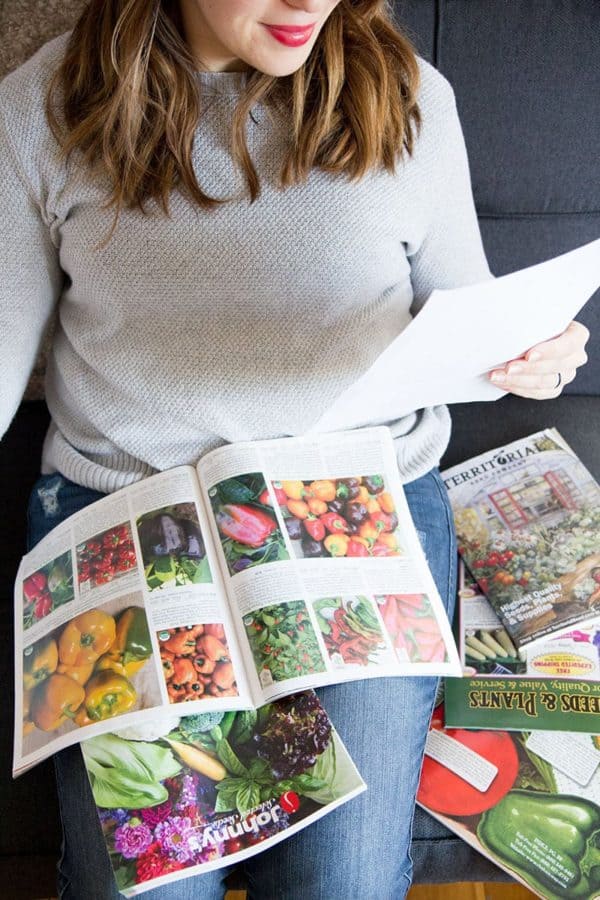
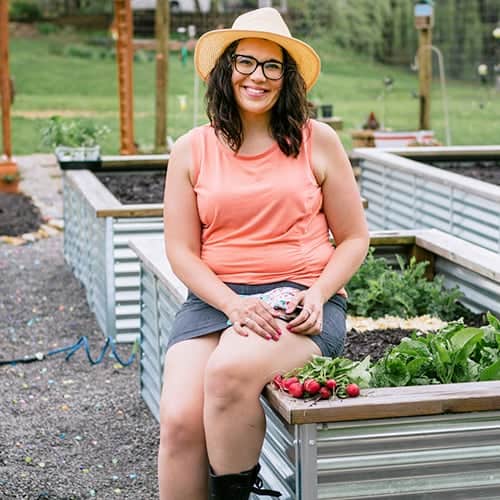
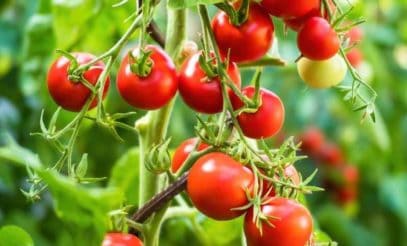

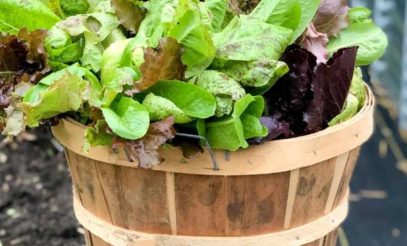
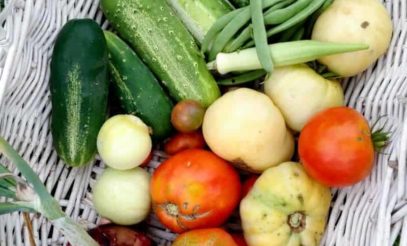
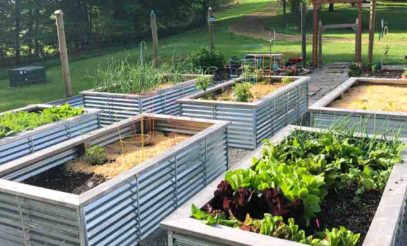
You might want to look into Fedco seeds. Fed o is a worker owned cooperative, great varieties,
Thanks, we’ll look them up!